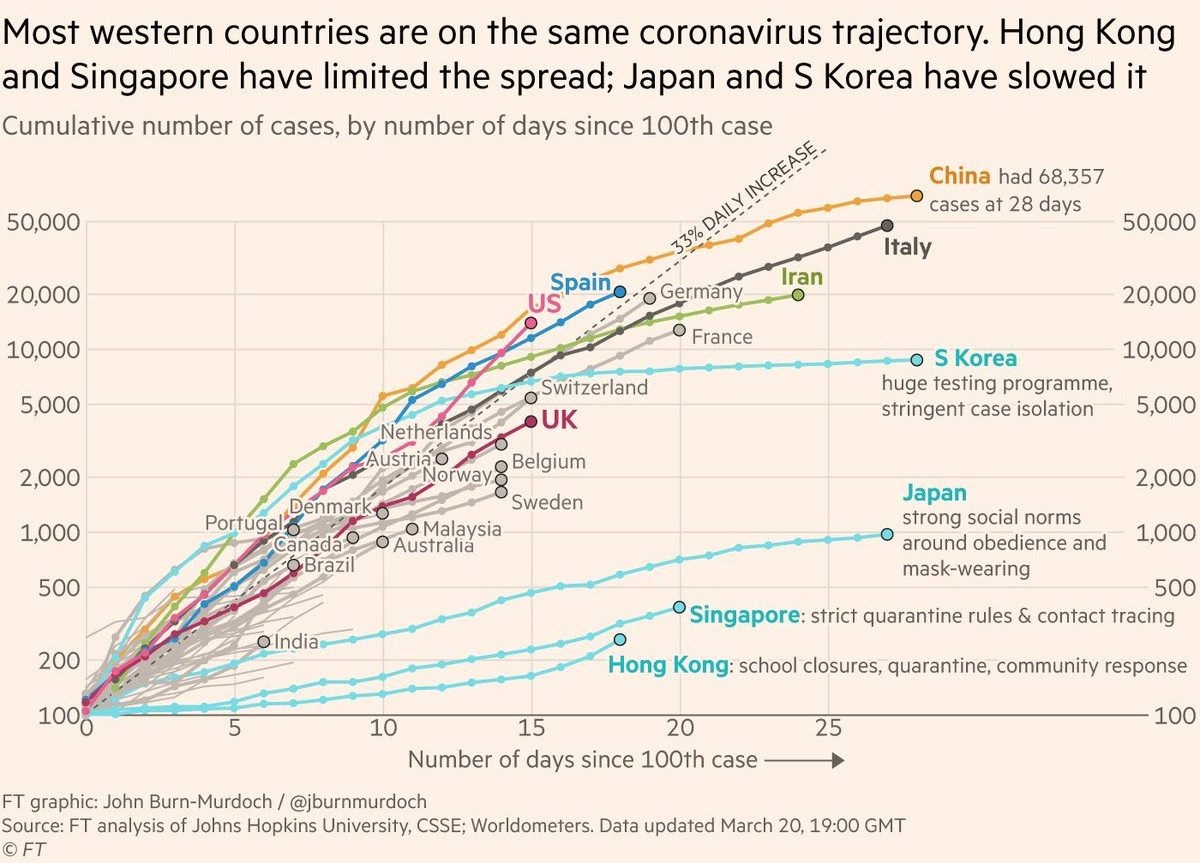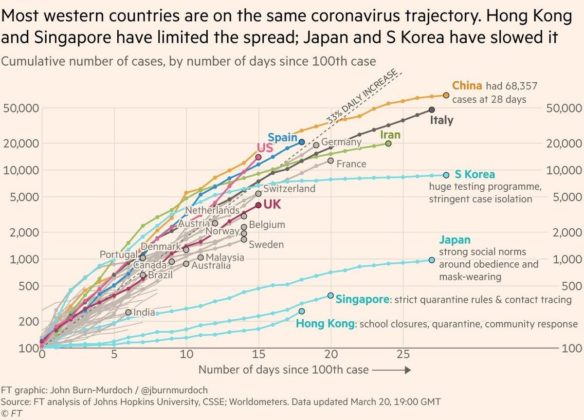

Iowa Gov. Kim Reynolds has not joined the 21 other governors across the U.S. in issuing a stay-at-home or shelter-in-place order as part of the state’s efforts to mitigate the spread of the novel coronavirus, which claimed its first Iowa victim Tuesday.
Reynolds said Wednesday in a press conference that guidance issued by the Iowa Department of Public Health (IDPH) is “equivalent” to a stay-at-home order. She said Iowans can mitigate the spread of the novel coronavirus by following the IDPH guidelines, making a stay-at-home order unnecessary.
Reynolds said any sort of lock down — such as a shelter-in-place or stay-at-home order — could have the effect of “potentially disrupting the supply chain” of goods in Iowa and “putting additional pressure on the essential workforce.”
The “essential workforce” comprises workers in 16 “essential critical infrastructure sectors” whose functioning has been deemed by the Cyber and Infrastructure Security Act (CISA) of the U.S. Department of Homeland Security to be imperative during the response to the COVID-19 emergency for both public health and safety as well as community well-being.
The CISA guidance recommends that states treat the following sectors as “essential critical infrastructure sectors” during the global viral pandemic:
- Healthcare, public health
- Law enforcement, public safety, first responders
- Food and agriculture
- Energy
- Water and transportation
- Public works
- Other community-based government operations and essential functions
- Critical manufacturing
- Hazardous materials
- Financial services
- Chemical
- Defense industrial base
U.S. President Donald Trump issued updated coronavirus guidance March 16 in reaction to the virus. “If you work in a critical infrastructure industry, as defined by the Department of Homeland Security, such as healthcare services and pharmaceutical and food supply, you have a special responsibility to maintain your normal work schedule,” Trump said.
In anticipation of a possible stay-at-home order from Reynolds, workers at the Tyson Fresh Meats factory in Perry were issued letters Tuesday, explaining to whomever it might concern that the Tyson workers are classified by the U.S. Department of Homeland Security as “Essential Critical Infrastructure Workers.”
Gary Mickelson, senior director of public relations at Tyson Foods, said March 14 that he was “not aware of any Perry team members diagnosed with COVID-19.” Mickelson has not replied to email questions since March 14, but more recent reports from sources familiar with the Perry operations claim workers at the Perry plant now have their temperatures taken before entering the facility.
It is unknown whether the company has established other new protocols or precautions to prevent novel coronavirus infections among its Essential Critical Infrastructure Workers.
Perry-area laborers in other essential critical infrastructure sectors have also received similar letters.
Sharing the essential critical food sector with Tyson Fresh Meats is the Hy-Vee grocery store chain. Customers checking out at the Perry Hy-Vee now face temporary sneeze-guard window panels, installed this week to protect employees and customers and mitigate virus transmission. The company first deployed the safety barriers Friday in its Des Moines-area stores.
Hy-Vee has also begun prohibiting customers from bringing their own reusable grocery bags to carry away their “Low Price Lockdown” purchases.
Even if a company is classified as nonessential and must either close its doors or work from home under a shelter-in-place order, the company may still maintain basic office operations by designating certain workers as essential to keeping the business running or necessary to assisting others in working from home.




















